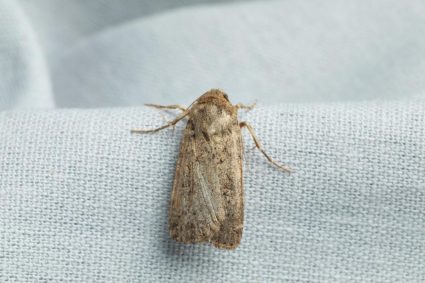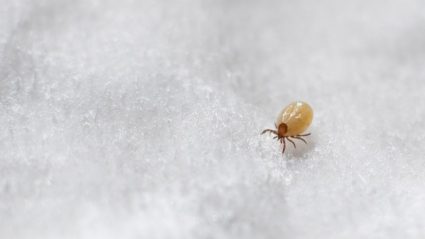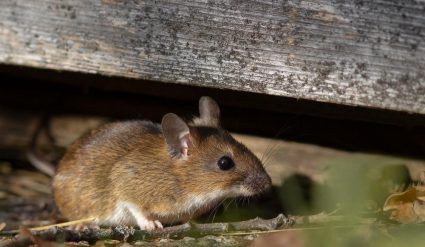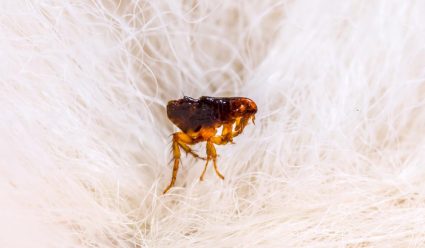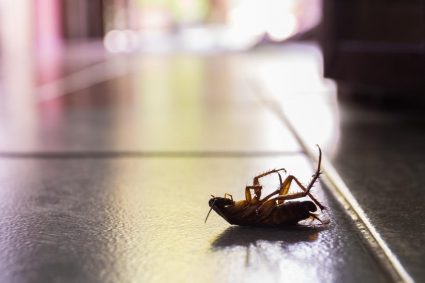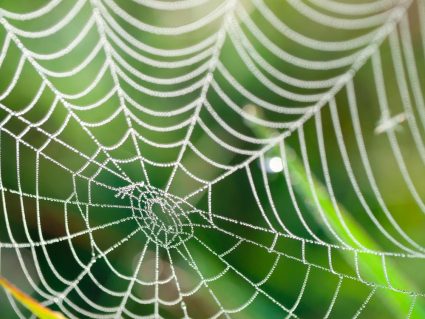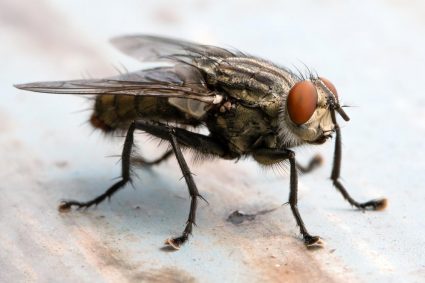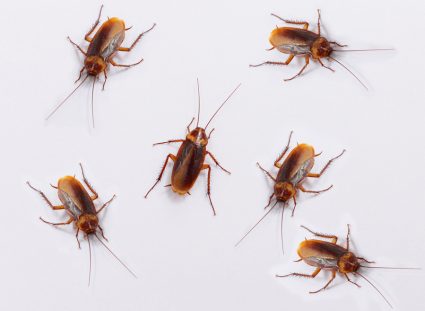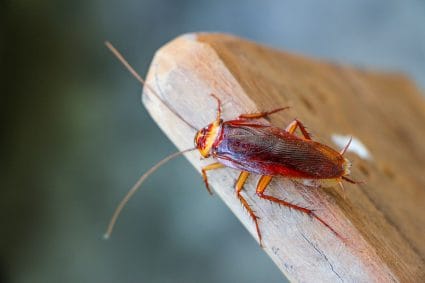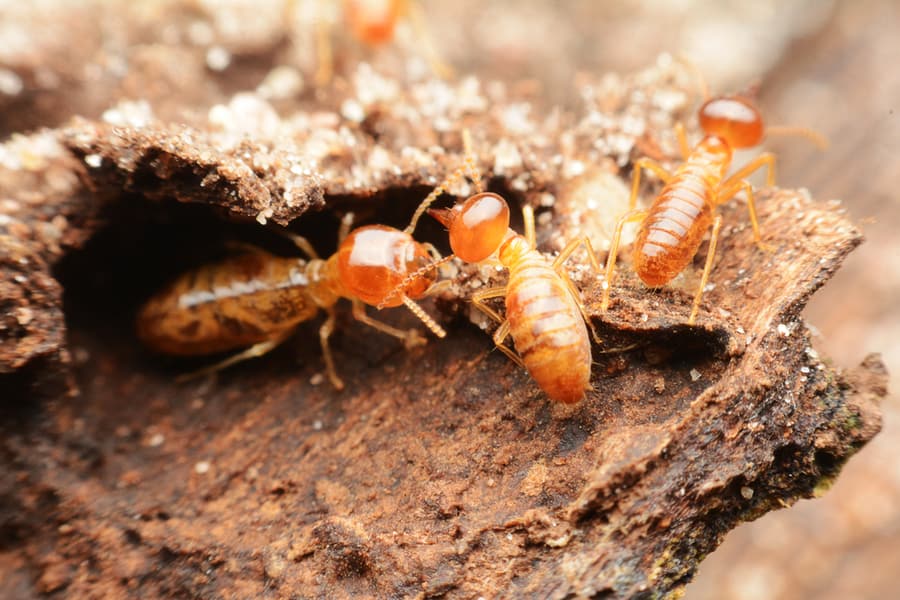
We know a good old termite infestation can automatically ruin your mood. These little pests can cause serious property issues when left unattended because they can practically feed on anything.
But before considering calling professional termite exterminators, how about we tell you there’s a natural way you can deter these nasty pests?
Your gardens might become your new favorite part of the house to stop termite infestations.
These pests find many plants distasteful, and their hatred will make them try to escape and stay far from your house.
Without harmful substances, you can keep them out of your house by planting the following:
- Catnip
- Lemongrass
- Vetiver Grass
- Garlic
- Mint
Attractive marigold flowers have also been found to be effective, but explanations behind them are still unknown.
This article explores these helpful plants and those you can plant to attract termite predators. Then, you can team up with these predators to kill termites and keep your house pest-free.
5 Effective Plants Against Termites
Placing these effective plants in your garden is a natural way to prevent termite infestations at home. But here’s the catch; you must plant several of each to be effective.
Nonetheless, you’ll be thanking us later after reading this article.
These plants include:
1. Catnip
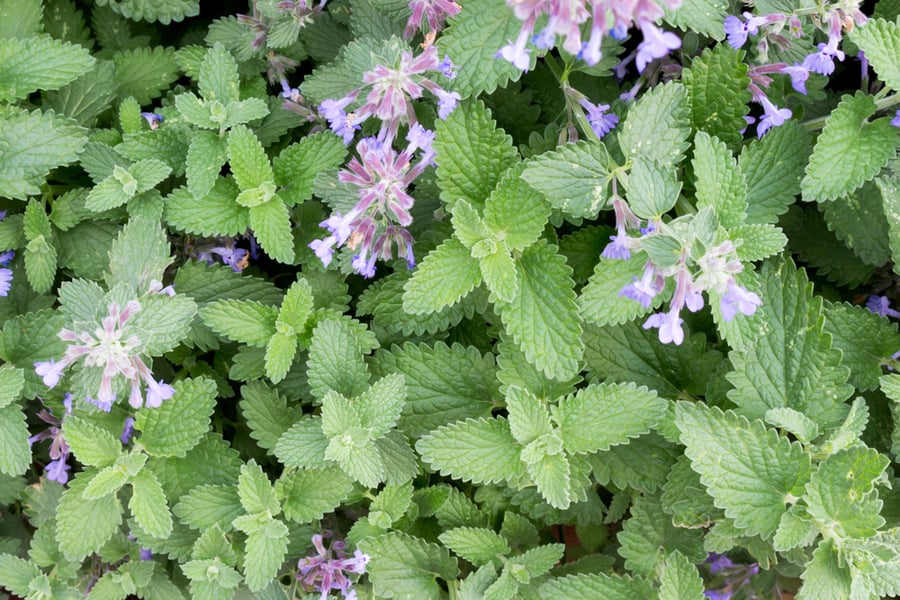
Catnip deserves to be on the top because it contains nepetalactone, a natural insect repellent. Most gardeners plant catnip on their front yards because this plant can deter most types of pests, not just termites.
A study from the USDA Forest Service revealed the effectiveness of catnip against subterranean termites in the soil, especially its oil.
2. Lemongrass
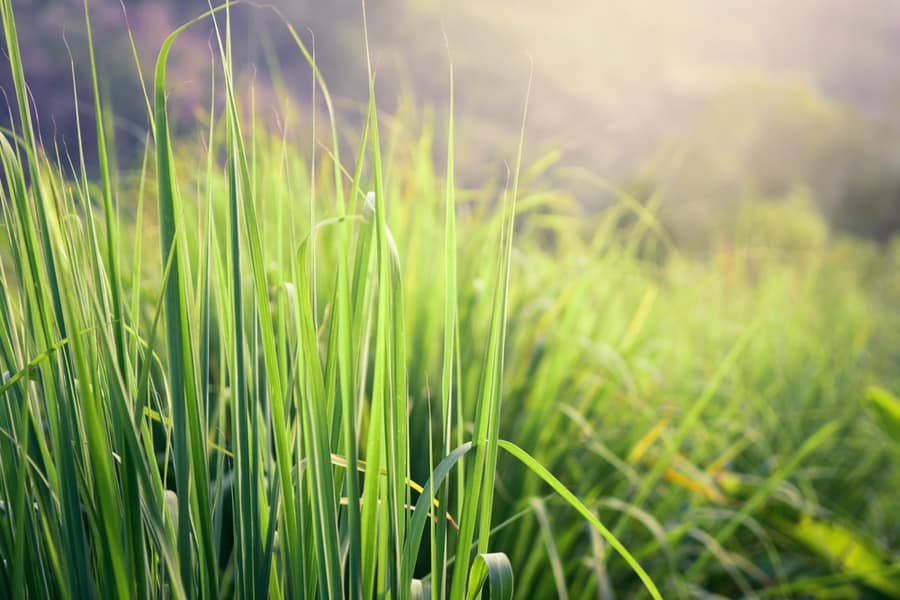
If catnip has nepetalactone, lemongrass consists of citronella, another popular insect repellent.
Citronella has a strong scent most pests hate, including termites and garden insects. However, even the oil itself has already been found to be effective against termites.
To ensure maximum effectivity, we recommend trimming your lemongrass plants regularly using fragrant clippings as mulch.
3. Vetiver Grass
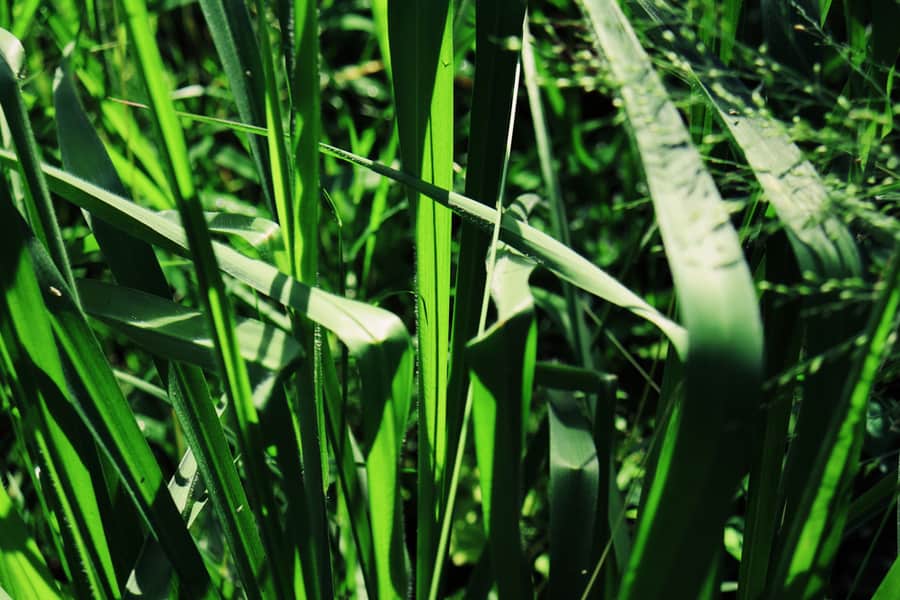
Vetiver grass is closely related to lemongrass. This plant has a deep root system that can help prevent erosions. But more than that, the roots contain nootkatone, a famous insect-repelling compound.
Studies revealed nootkatone is effective against underground termites.
The best areas to plant vetiver grass around your home’s front yard and in smaller corners where termites can invade.
4. Garlic
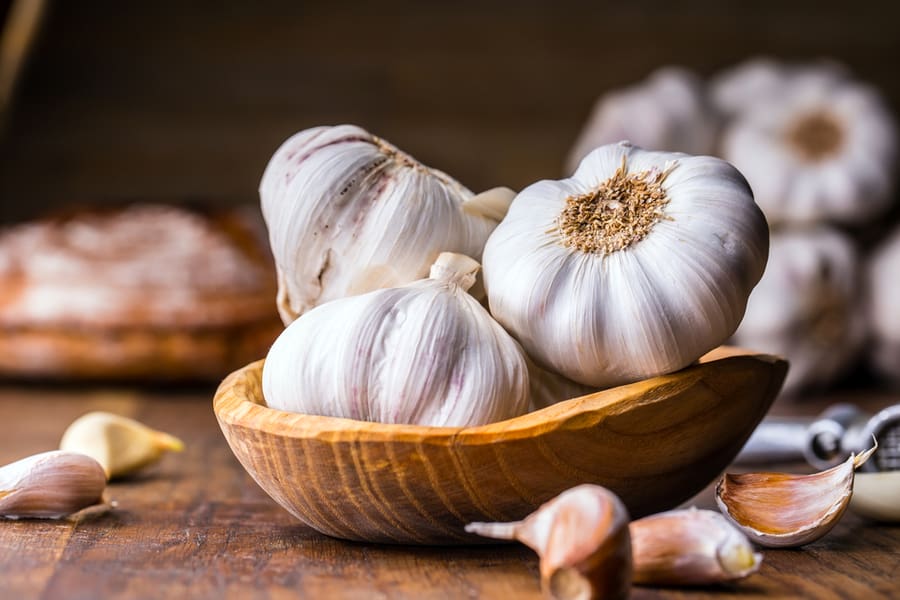
Some of the best-tasting dishes are made possible because of garlic. But aside from its umami flavor, did you know that planting it in your garden can help deter termites from your property?
Garlic can repel termites, especially when you crush the cloves. In addition, the cloves have all the strong aroma you want, which termites incredibly hate!
Moreover, even garlic extract has been found effective in killing termites within 24 hours of exposure.
To make the extract, the procedure is simple:
- Ground your garlic cloves using a mortar and pestle. Or you can chop them into fine pieces.
- Mix the chopped garlic in distilled water. Follow the ratio of 2 parts water to 1 part garlic.
- Let the solution sit for a day.
This solution is effective in exterminating all termites at home. But you can also proceed with planting garlic in your garden.
The plants themselves will also keep termites out of your property.
5. Mint
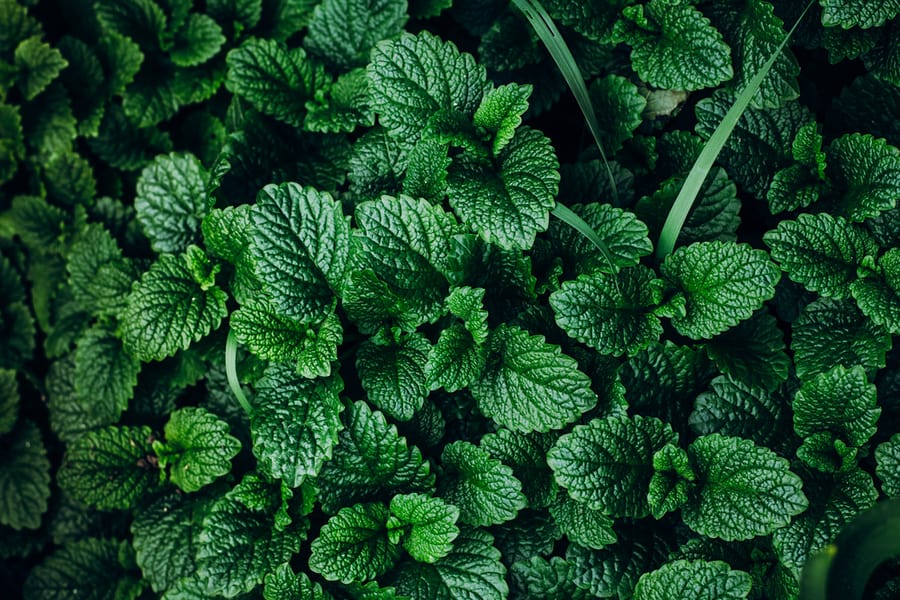
Some people love their chocolate ice cream mixed with mint, and some enjoy eating mint candies to improve their breath smell.
But to most homeowners, the intense smell of live mint plants is enough to make them happy after seeing their gardens completely termite-free.
The refreshing mint scent can attract us, but termites hate them! Thanks to the smell, gardeners prefer planting mint plants to protect other plants from termites and pests like squirrels, flies, and more.
Plants Attractive to Termite Predators
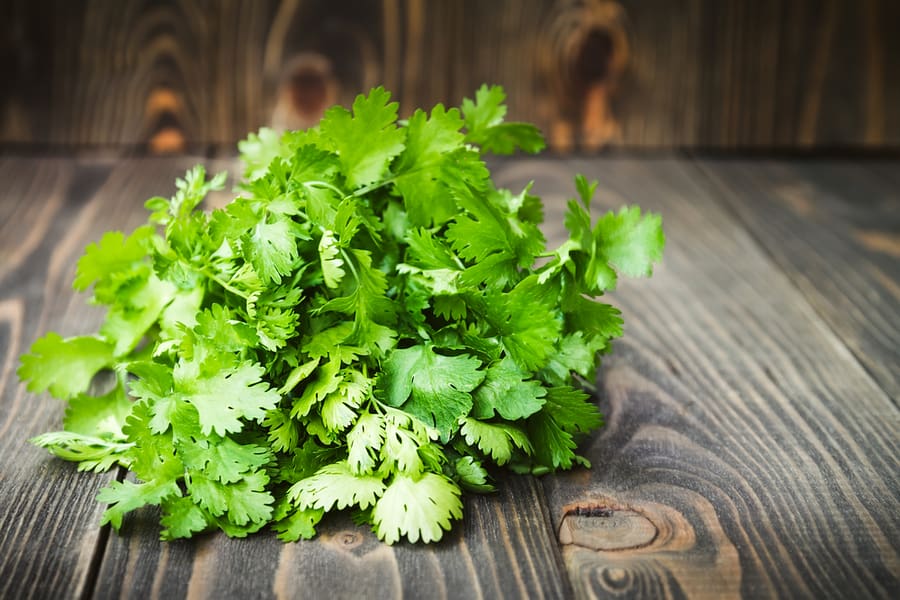
Displaying plants that can attract termite predators is also effective in keeping these pests away from your home.
Generally, when more termite predators are hanging by your house, the fewer chances termites can enter your residence and cause an infestation.
Some of the most common plants that can attract termite predators include:
- Coriander
- Sweet Clover
- Sunflower
- Alfalfa
- Dill
These plants can attract insects that eat termites, including dragonflies, beetles, spiders, praying mantes, ants, and ladybugs.
Prevent Termite Infestation Using Plants
Termites may be small, but their ability to feed on anything can damage your residence, causing serious issues. To ensure they don’t start invading your personal space, try planting plants or vegetation that deter them, as we mentioned above.
Or even better, try to start a termite battle by planting those attractive to their predators. Doing this will leave your house termite-free in no time.
Frequently Asked Questions
Can Termites Be Harmful to Plants?
If you plant vegetations which don’t deter termites, these pests can feed on their cellulose. Cellulose is a substance commonly found in shrubs and trees.
Aside from the woody source, termites can also feed on the roots of most green-stemmed plants. But, of course, we all know that plants without roots will automatically die.
Aside From Mint, What Other Scents Do Termites Hate?
Generally, termites hate tea tree oil, cedarwood, and geranium scents. However, you can find these intense smells in cinnamon, garlic oils, and clove bud.

